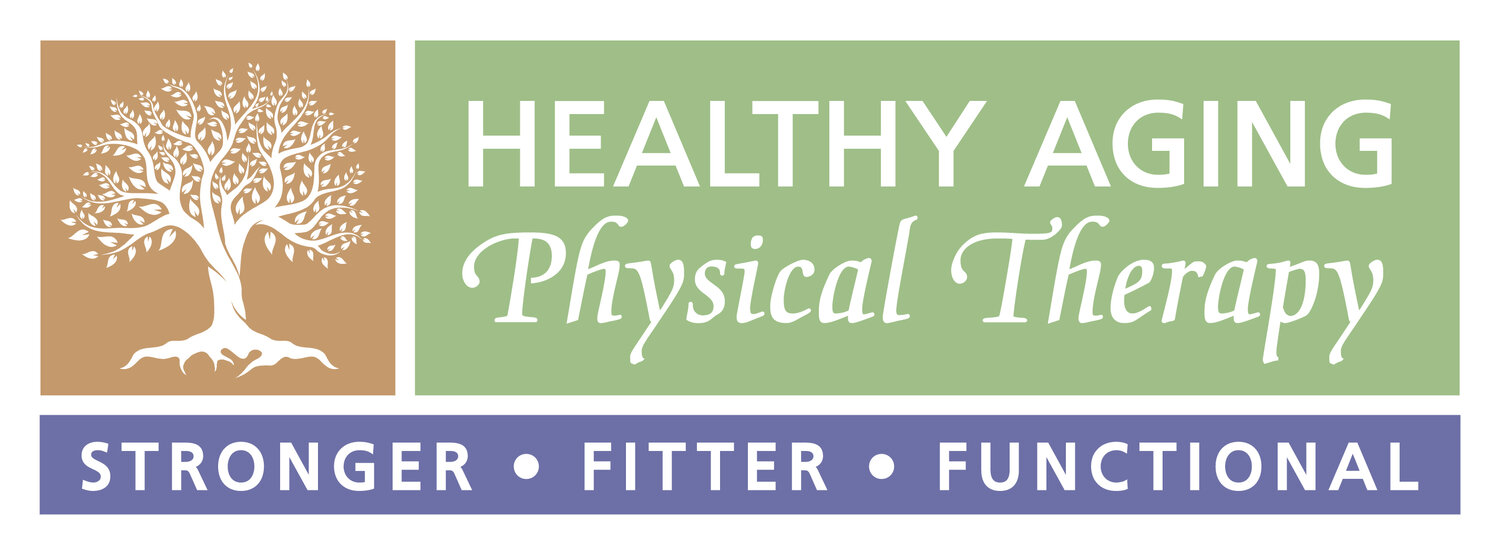Embracing Life and Death as a Geriatric Physical Therapist
By: Dr. Katie Wadland, PT, DPT, Board-Certified Geriatric Physical Therapy, Owner: Healthy Aging Physical Therapy
Today, I attended the funeral of a patient I’ve had the privilege of knowing closely for the past four years. As a geriatric physical therapist, I spend a lot of time with my patients, more than many people might realize. During our visits, not only did we work on her strength, walking and balance, but we talked. We talked about her life, and my life and her thoughts and experiences. We spent hundred of hours together and developed a true connection.
She was a remarkable woman who embodied one of my favorite phrases: "It's not about the cards in your hand, it's about how you play the cards you’re dealt." She was living with a disease that made life incredibly difficult, and she had no immediate family—her husband had passed, and she didn’t have children. Yet, despite all that, she faced each day with optimism. Every time I saw her, she greeted me with a huge smile, always taking the time to ask about my life, my girls, and how the practice was doing. Her capacity for kindness, despite her own struggles, left a lasting impression on me.
Being a geriatric physical therapist has changed my perception of death. It used to be something I feared, something I dreaded, but now I see it as a natural, and inevitable, part of life. This work has taught me that life isn’t guaranteed. Health and quality of life are precious, and either one can change in an instant. My patient lived that truth every day, and I’m thankful for the example she set. She reminded me that no matter what life throws our way, we have a choice in how we respond to it. She played her cards with grace, compassion, and positivity, and I hope to do the same.
As healthcare providers, we deal with loss all the time. Our patients pass, and it’s a reality of our work. Over time, we become very good at putting on a strong face, talking openly about the tough subjects like illness, end-of-life decisions, and death. We have learned how to have these conversations without letting our personal feelings cloud the discussion or influence the direction. We are trained to guide, support, and help families and patients navigate these moments while holding back the emotions that might make it harder for them to benefit from the conversation. From the outside, we may seem strong and stoic, but the truth is that these experiences accumulate. They touch us deeply, and they impact each of us in different ways. Some losses are harder than others, and sometimes, it’s not until later, that we realize just how much a particular patient meant to us. It’s in those quiet moments, when we let down our guard, that we feel the weight of the work we do and the connections we’ve formed.
Through my work, I’ve come to understand that life is about appreciating each day for the gift that it is. I’m determined to approach each moment with kindness, compassion, and gratitude. Helping people, building relationships, and making a difference - that’s how I want to play my cards. And when the time comes, I hope to embrace death as simply another step in my journey, not as something to fear, but as the conclusion of a life filled with purpose and love.


